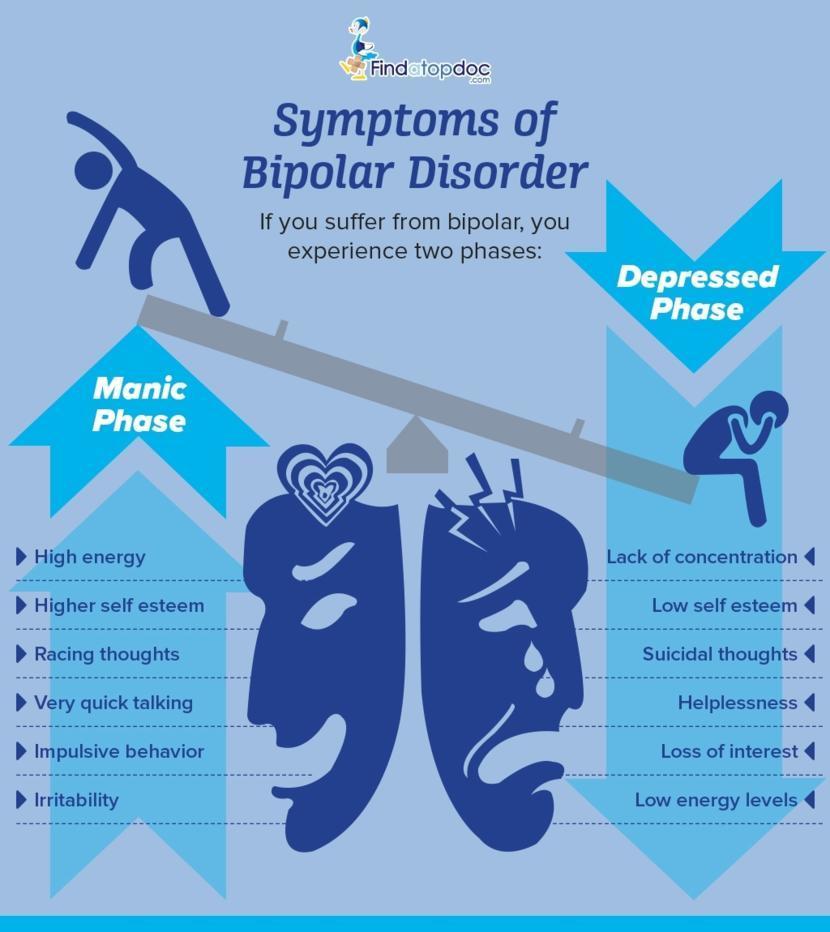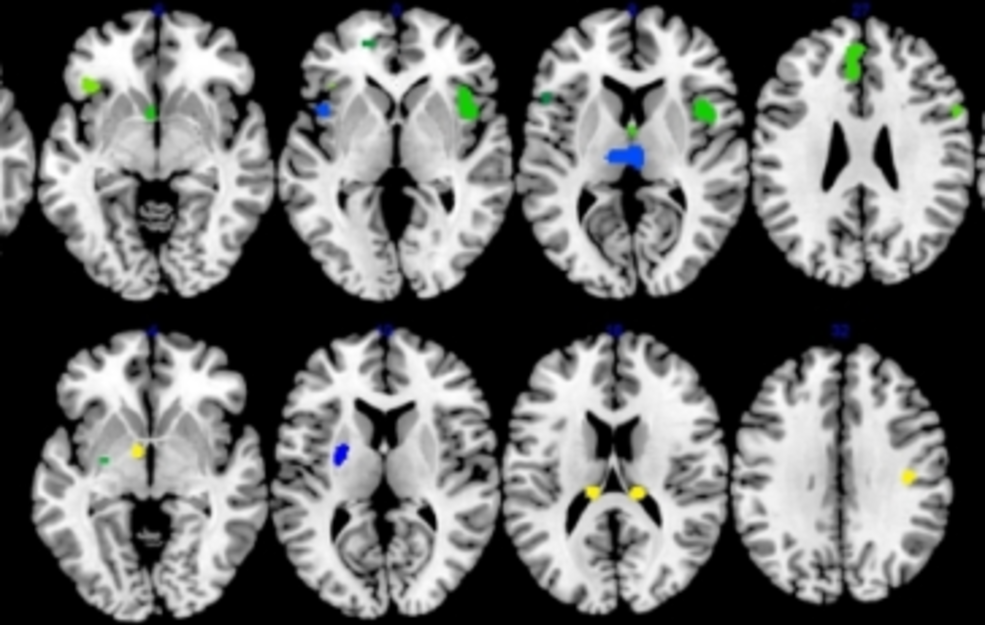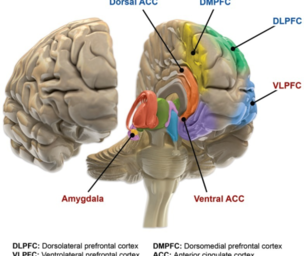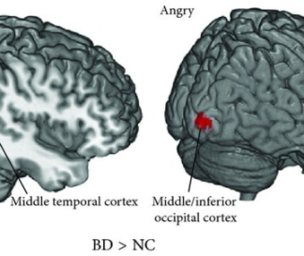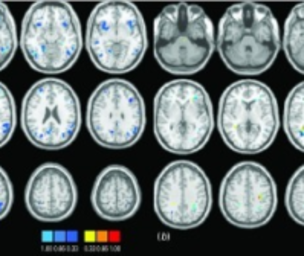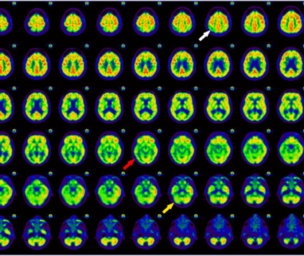What are the Symptoms of Bipolar Disorder?

Bipolar disorder is a complex mental disorder that leads to uncontrollable mood swings and severe risky behaviors. Otherwise known as manic-depressive disorder, this mental condition is associated with moods that sway between depression and mania. When an individual is not experiencing moods of depression or mania, he or she is at a normal, dormant state. The frequency in mood swings may range from one or two times per year, to several times in per day. In some cases, both mania and depression symptoms can be experienced simultaneously. This mental disorder can gravely affect one's relationships and career. Fortunately, with a carefully planned treatment plan, the mood swings can be maintained, and risky behaviors can be avoided.
Unpredictable changes in an individual's mood are the most common and prominent symptoms of bipolar disorder.
Symptoms of bipolar mania include:
- Feeling a euphoria, or high
- Irritability
- Fast speech
- Racing thoughts
- Lack of sleep
- Lack of concentration
- Increased energy and activity
- Impulsive behaviour
- High sex drive
- Inflated self-esteem
- Alcohol/drug abuse
In one episode of bipolar mania, three or more of the above mentioned symptoms may persist for over a week. For many individuals, mania may not be as severe, but can develop into a serious form at a later stage. Moreover, it can eventually develop into depression.
Bipolar depression is characterized by:
- A feeling of hopelessness
- Feeling low
- Lack of energy
- Loss of interest in usual activities
- Lack of concentration
- Weight loss or weight gain
- Changes in sleeping patterns, like insomnia or sleeping too much
- Feeling restless
- Suicidal thoughts
- Guilt
Individuals who suffer from bipolar disorder experience ambiguity, when trying to make decisions. These episodes of depression may recur after a period of time, or develop into mania. Depression is just as severe as mania, and can affect an individual's relationships and career path. Depression persist for several days and months before it subsides.
Mood swings differ depending on the severity of this condition. Mood swings are unique to each individual with bipolar disorder. Bipolar disorder does not resolve on its own, and and if an individual shows any signs or symptoms of this condition, one should seek immediate medical attention with a health care professional. Once these symptoms are maintained, the individual can live a normal and happy life.

